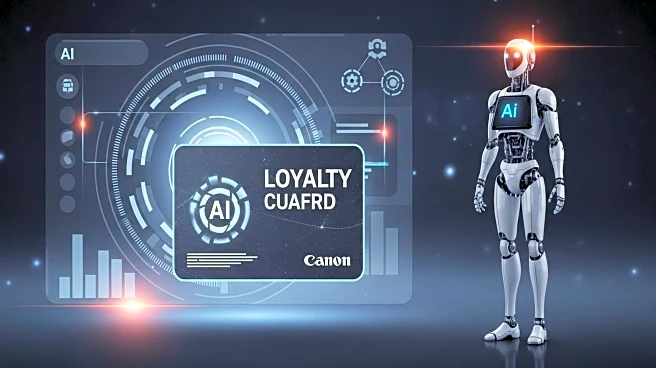What's Happening?
U.S. online travel agencies (OTAs) are shifting their strategies to focus on loyalty programs, B2B expansion, and AI-driven innovation. Expedia's One Key loyalty program now accounts for nearly half of its room nights across its platforms, while Booking's Genius tiers represent 55% of hotel nights. Both companies are leveraging AI-powered virtual travel assistants, such as Expedia's Romie and Priceline's Penny, to enhance booking experiences. Additionally, OTAs are partnering with tech giants like OpenAI and Microsoft to expand their reach and are considering AI startups as potential acquisition targets.
Why It's Important?
The strategic shift by OTAs is crucial as they adapt to a plateauing U.S. market. By focusing on loyalty programs, these agencies aim to reduce marketing costs and retain customers. The integration of AI technology promises to streamline booking processes and improve customer experiences, potentially leading to increased efficiency and profitability. The expansion into B2B markets further diversifies revenue streams, positioning OTAs to capitalize on partnerships with major corporations like Walmart and Chase Travel.
What's Next?
OTAs are expected to continue investing in AI and loyalty programs to maintain competitiveness. The focus on dynamic packaging and 'connected trip' strategies will likely grow, with projections indicating significant revenue increases from bundled travel packages. As competition with platforms like Airbnb intensifies, OTAs may further expand their alternative lodging offerings to capture a larger share of the market.








